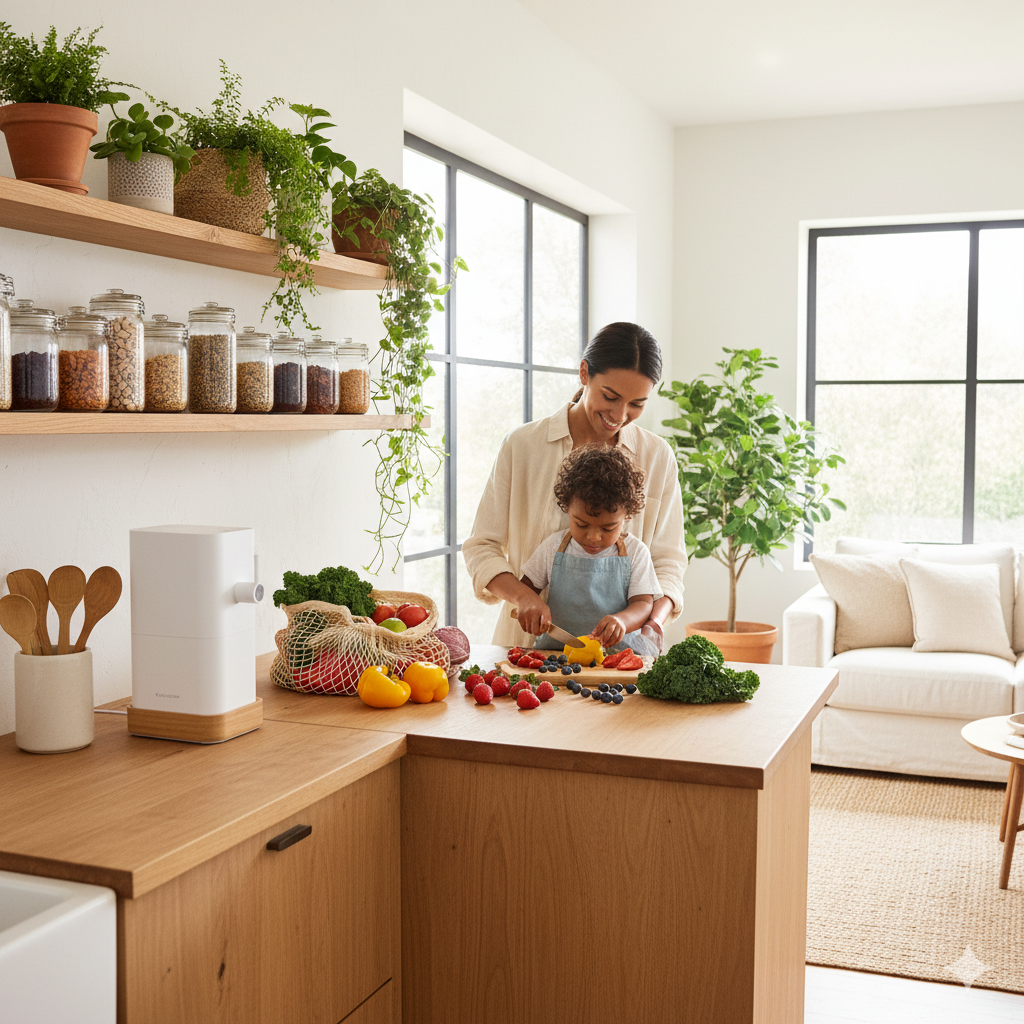Healthy Homes, Healthy Cities: Embracing Non-Toxic Living for Community Wellness
Beautify The Bay Initiative
Archives
Healthy Homes, Healthy Cities: Embracing Non-Toxic Living for Community Wellness
SIGN UP FOR OUR NEWSLETTER
Across the nation, families are redefining what it means to live well.
Health now encompasses not just diet and exercise but also the environments where we spend most of our time—our homes.
The movement toward non-toxic living is rapidly gaining momentum, transforming how communities approach wellness.
From the kitchen to the laundry room, individuals are scrutinizing everyday items: What materials are in our cookware?
How safe are our cleaning products?
Are household goods contributing to or detracting from our health?
In response, consumers are gravitating toward safer air fryers, toxin-free storage containers, eco-friendly cleaning supplies, and sustainable household products.
These conscious choices are fostering health-conscious lifestyles that extend beyond individual households.
Local markets, shops, and community initiatives are pivotal in this shift.
For instance, in Vermont, the Smokey House Center has partnered with local organizations to pioneer sustainable housing solutions using locally sourced materials.
This initiative not only promotes eco-friendly living but also strengthens community ties.
Similarly, in Fort Collins, Colorado, the Sonders Project is developing a neighborhood emphasizing environmentally friendly living, from top-notch indoor air quality technology to water-wise irrigation techniques.
These efforts demonstrate that building a healthy home isn't about one monumental change—it's about layering small, smart choices over time.
The impact of these decisions extends well beyond individual residences.
A healthy home contributes to a healthier neighborhood: fewer toxins in the air and water, reduced waste, and increased resilience to environmental challenges.
When multiplied across thousands of households, these shifts begin to shape the identity of entire cities.
For example, the Green & Healthy Homes Initiative has been selected to receive $50 million to fund environmental justice projects across the Mid-Atlantic, aiming to reduce barriers to federal funds and issue thousands of environmental justice grants over the next three years.
The lesson is simple but powerful: healthier communities start with healthier homes.
By choosing non-toxic, eco-friendly products and embracing sustainable practices, families are not just protecting their loved ones—they're helping to build stronger, cleaner, and more vibrant cities for generations to come. |

